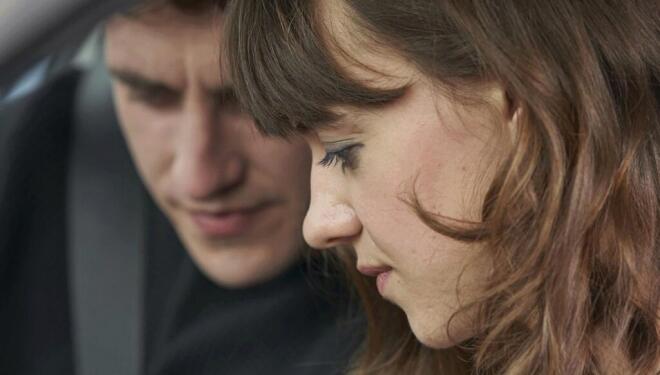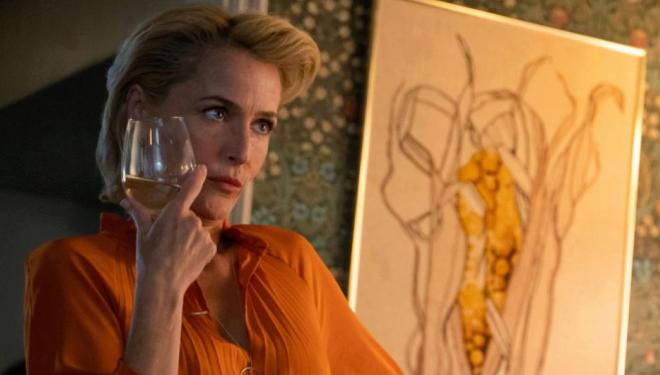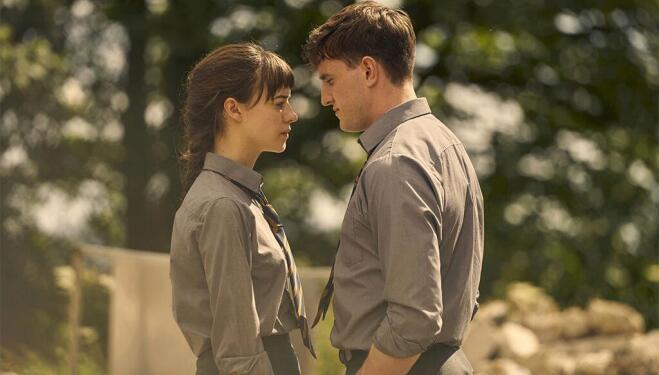
Considering it was the final series to complete production prior to the coronavirus pandemic, Culture Whisper is following the BBC One broadcast schedule and reviewing two episodes weekly, as they air on Monday nights on BBC One.
The first question that comes with the advent of a television version of a novel so beloved is one of loyalty. Many will flock to Normal People blindly, deliberately. There is weight in adaptation, and fear in the potential lack of respect for words and feelings adopted as gospel.
From the off, the mark of author Sally Rooney, who also co-wrote half of the series with Alice Birch, is deeply felt. Her book writes the inner thoughts of her characters with corrosive clarity, with intense haptic language that makes you hold your breath as long as you fear the people you're reading are still suspending theirs.
The first sounds of the BBC's Normal People are of chatter in a school hallway, which belongs to no one in particular. We see Marianne Sheridan, we hear boys – Connell Waldron is one of them. The opening episode is jittery and nervous, entirely loyal to the lightning-precise feeling of the book. These are two people aware of one another's existence, with no relationship to speak of beyond that.
Except there is – her eyes wander beyond the classroom, and his have a 100mph instability to them, his conflicting feelings on their way to the surface. All of this only belongs to the eye of the viewer, deftly led by the episodes' director, Lenny Abrahamson. No one else in this snowglobe world recognises the featherlight subtext at play – this is where Rooney's subtleties thrive in translation.
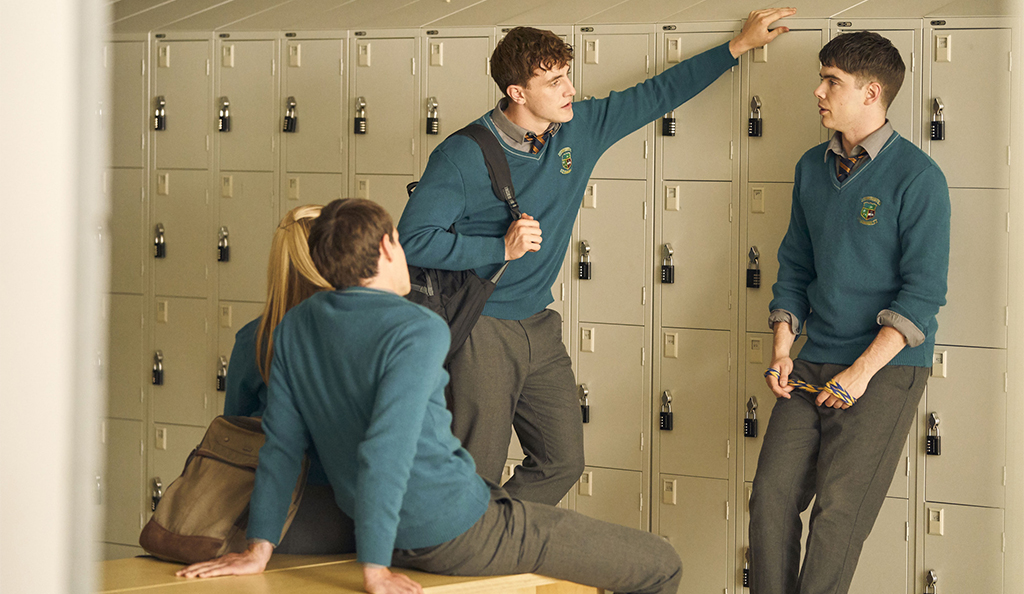
Marianne, played by Daisy Edgar-Jones, survives school on her own. She has no friends, a fact everyone else makes sure to stress. She's snippy and defensive, Edgar-Jones sharply convincing.
But Connell, played by Paul Mescal, notices her. His mother, Lorraine, works as a cleaner in Marianne's house. He drives Lorraine home, and connects with Marianne in a new light, on different ground. From the first few times Marianne and Connell meet, the dynamic puts her beneath him – and she is the one enforcing it.
He watches her as she spoons yoghurt, cross-legged on her kitchen table. He doesn't say anything, but she asks him if he wants some. They don't know each other yet but she is willing, encouraging him to take for himself what feeds her.
The perspective is woozy and immediate, a handheld frame swaying and breathing in and out as it follows Marianne and Connell's physicality. His eyes are skittish, he uses his body and bones to communicate in the place of so many words, for now. Her gaze is uncompromising, the detail of her face staggering. Abrahamson lingers on peach fuzz and split ends, on the sounds of brushing fabric and meeting lips.
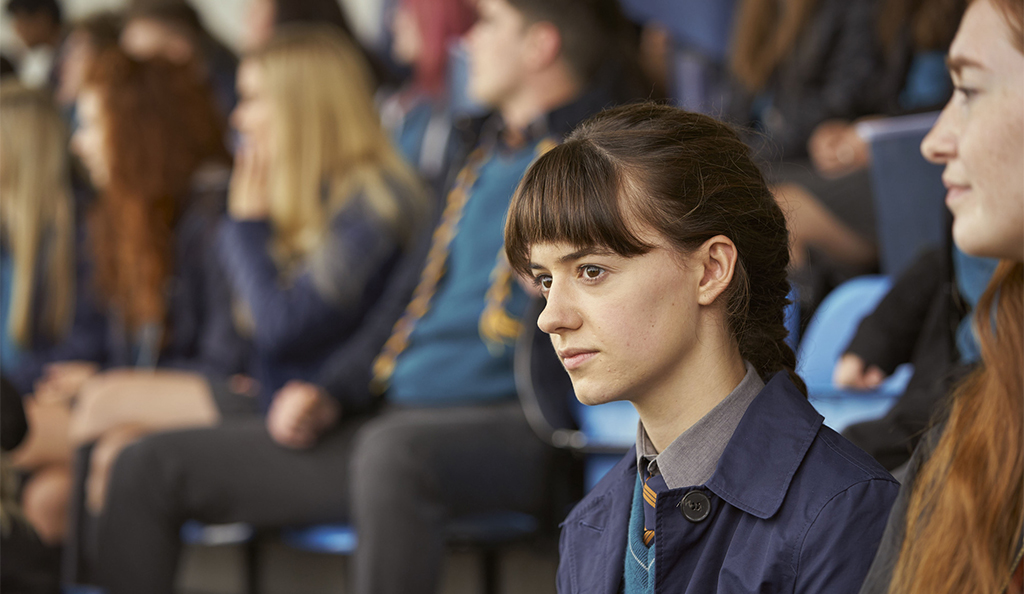
In the first episode, things move relatively slowly. They connect, she confesses, he questions, they kiss. It's just one, and it's gentle, and secret. She walks home alone, he drives, almost makes it, and then reverses. She's changed his mind. Dialogue stays close to the book around this pivotal moment – Marianne acknowledges how nice the kiss is out loud.
But this mutual affection is established within a clear power imbalance. "Are you going to start kissing me again?" Marianne asks, deciding she is someone that people do things to, not with. There is no moral equivalence yet (although there is always consent). She asks for more, he says no. And when he tells her they'll do more, her answers matter little.
When they first have sex, Connell and Marianne frame a masterclass for careful, consensual intimacy done without losing credibility. He silences her self-doubt with a kiss, and asks if this is what she wants. "We can obviously stop, it won't be awkward," he plainly says, stressing that her pleasure and safety come first.
The camera stays closely focused on both actors' faces. Sporadically pink cheeks, skin that catches the light with its moisture. Rooney deftly writes one of the sharpest lines of the book, one of Marianne's lingering thoughts about Connell, into onscreen dialogue she tells him after they've had sex. In that preciously intimate moment where no words feel unspeakable, where the outside world has melted away.
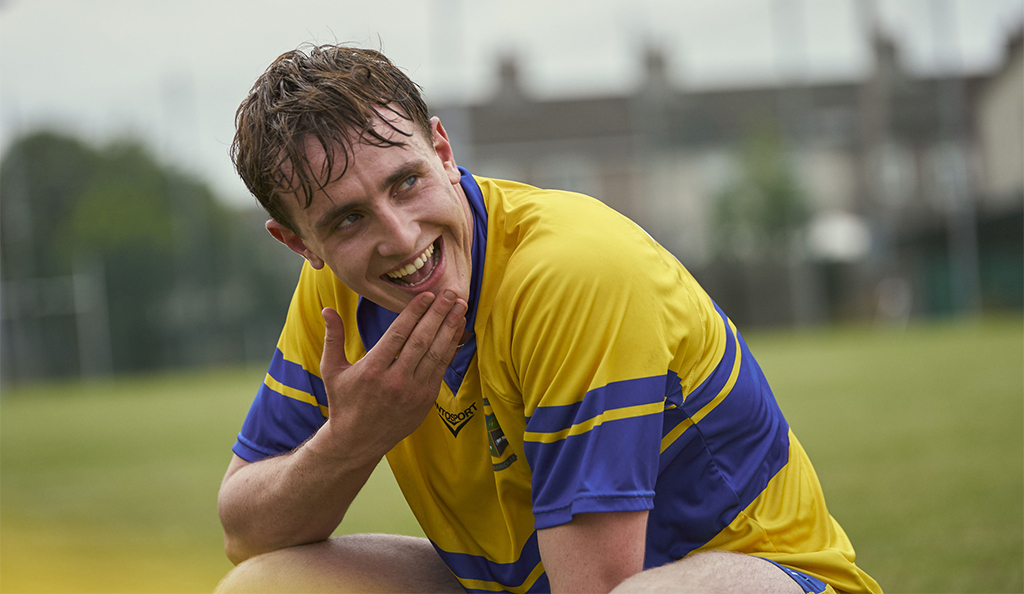
"I think I know what you mean," Connell replies. It comes after they have had sex at his house, and at hers. She's shared a guarded thought, and he's established they understand each other. It's in this moment where their shared reality clicks into place (underscored by the inimitable 'Hide and Seek' by Imogen Heap) and the magnetic devotion starts to grow.
Marianne asks Connell about things he's never thought about, in moments no one else would – how many other girls have been here? Who does he have a crush on at school? It highlight's the story's sense of humour and its audacity. And then she also tells him one thing that changes everything, in more or less three words: English, Trinity, Dublin.
It takes just two episodes to realise that Marianne and Connell have already changed each other's lives. And language plays an enormous part in this – it's established he doesn't say what he thinks, know what he feels, believes what he wants. And she uses language and action to make herself immediately his. It's not "Can we go", it's "Can you take me".
The second episode closes with a searing line from the book, rewritten with even more uncomfortable clarity. On the page, Rooney writes, “She would have lain on the ground and let him walk over her body if he wanted, he knew that.” On screen, Marianne looks at him and says out loud, “I would lie down here and you could do anything you wanted to me. Do you know that?”
Their relationship exists, but still as a question. One that is whispered in snatches of affection, one that moves with tectonic impact as microscopic movements mean everything. It's the beginning of an entire new world, still shyly blossoming and fizzing with anxious energy, belonging to two people alone.
| What | Normal People, BBC episode 1 & 2 review |
| When |
On 27 Apr 20, ON BBC ONE |
| Price | £ N/A |
| Website | Click here to watch on iPlayer |


